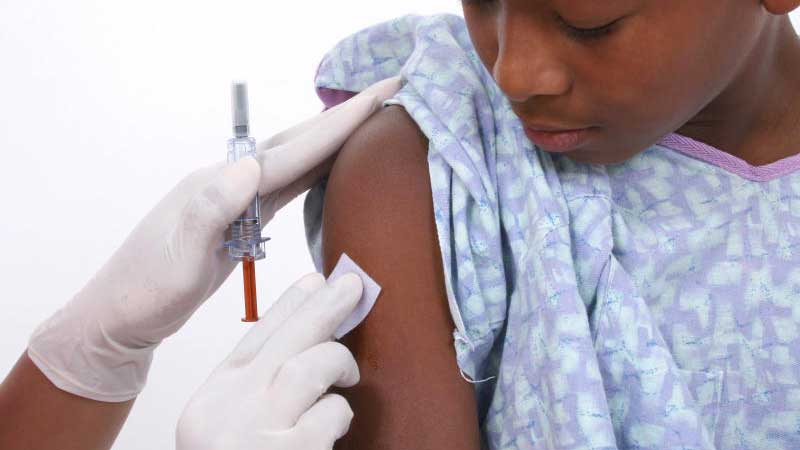×
The Standard e-Paper
Join Thousands Daily

Almost half of sick children in public hospitals do not have their vital signs recorded at admission, as is required, a study has said.
The largest ever study on nursing care of children, which was conducted over two years, also shows one in 10 children die mainly due to lack of basic care.